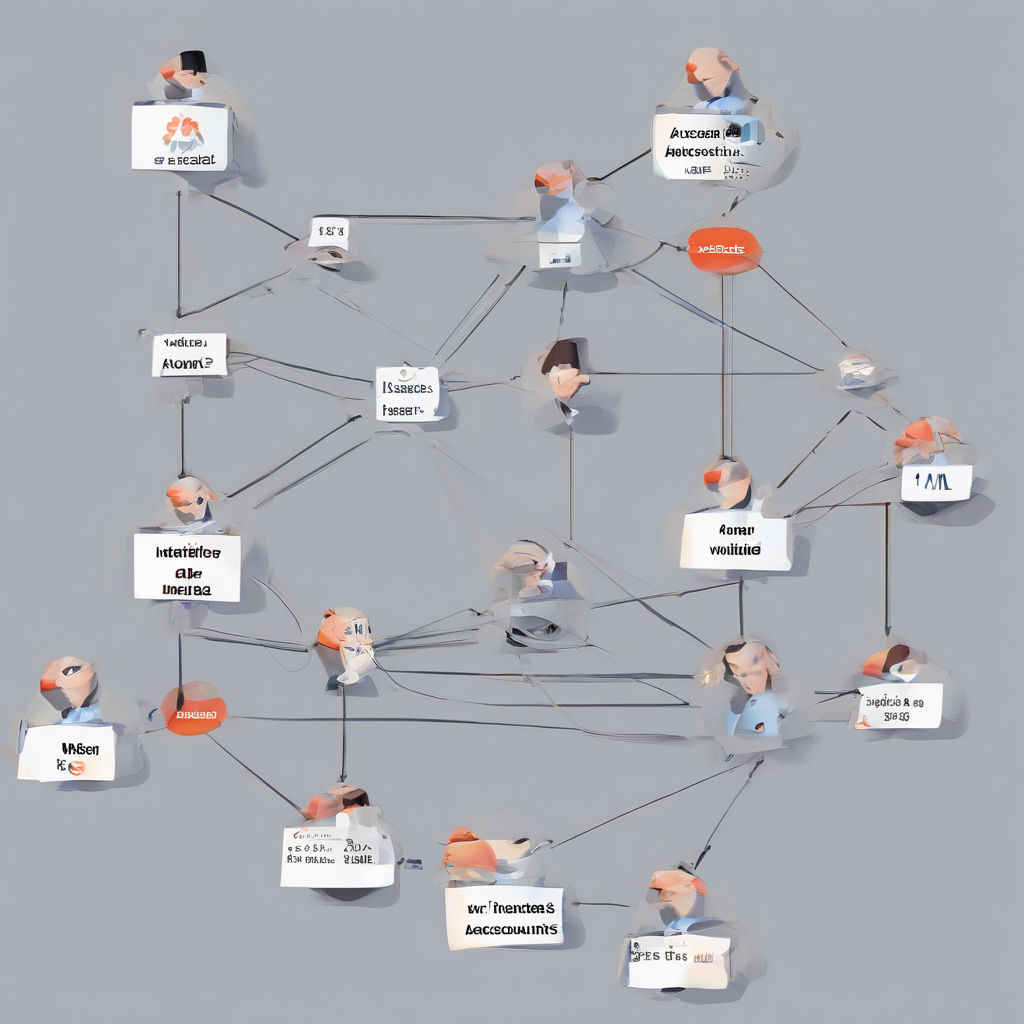
Unlocking Your Future: A Comprehensive Guide to Bachelor’s Degree Completion Time
The journey to earning a bachelor’s degree is a significant investment of time, effort, and resources. Understanding how long this journey takes is crucial for planning, budgeting, and setting realistic expectations. While the standard answer is four years, the reality is far more nuanced. This comprehensive guide delves into the various factors influencing the time it takes to obtain a bachelor’s degree, offering a clearer picture for prospective and current students.
The Standard Four-Year Timeline
The traditional bachelor’s degree program is designed to be completed in four academic years, or eight semesters. This assumes full-time enrollment, consistent academic progress, and successful completion of all required coursework and prerequisites. This model provides a structured framework, with students typically taking around 15 credit hours per semester, leading to a total of 120 credit hours for graduation.
Factors Affecting Completion Time
While four years serves as a benchmark, numerous factors can significantly impact the actual time it takes to earn a bachelor’s degree. These factors can extend or shorten the timeline, making it essential to understand their influence:
1. Credit Transfer and Prior Learning
- Transfer Credits: Students transferring from community colleges or other institutions may have already earned credits that can be applied towards their bachelor’s degree. This can significantly reduce the overall time to graduation.
- Advanced Placement (AP) Credits: High school students earning high scores on AP exams can often receive college credit, potentially shortening their college career.
- International Baccalaureate (IB) Credits: Similar to AP credits, IB credits can also be used to reduce the number of required courses in college.
- CLEP and DSST Exams: These exams allow students to demonstrate proficiency in specific subjects, potentially earning college credit without taking the course.
2. Course Load and Enrollment Status
- Full-Time vs. Part-Time Enrollment: Full-time students typically complete their degree faster than part-time students due to their higher course load and faster accumulation of credits.
- Course Intensity and Credits Per Semester: Taking a heavier course load each semester can accelerate graduation, but it also requires greater time commitment and academic stamina.
- Summer Courses: Enrolling in summer courses can help students progress more quickly through their degree requirements.
3. Academic Performance and Retention
- Grade Point Average (GPA): While not directly affecting the number of semesters, a lower GPA might necessitate repeating courses, delaying graduation.
- Academic Probation and Suspension: Poor academic performance can lead to probation or suspension, interrupting studies and extending the completion time.
- Course Difficulty and Prerequisites: Certain courses require strong foundational knowledge; failing to meet prerequisites can delay progression.
4. Major and Program Requirements
- Major-Specific Requirements: Some majors are more demanding than others, requiring more coursework, labs, or research projects, leading to longer completion times.
- Program Structure and Curriculum: The structure of a particular bachelor’s program influences the time needed for completion; some programs are more tightly sequenced than others.
- Internships and Practicums: Some programs incorporate internships or practicums, which can extend the total time required to complete the degree.
5. Personal Circumstances and Life Events
- Work and Family Responsibilities: Balancing work, family, and academics can significantly impact the speed of degree completion, often requiring part-time enrollment.
- Health Issues and Medical Emergencies: Unexpected health issues can necessitate breaks from studies, delaying graduation.
- Financial Constraints: Financial difficulties can force students to work more hours, reducing their academic commitment and potentially leading to slower progress.
- Military Service: Military service can interrupt education, requiring adjustments to the academic timeline upon return.
6. University Policies and Procedures
- Graduation Requirements: Each university has specific graduation requirements; understanding these requirements is essential for accurate time estimation.
- Advising and Support Services: Effective advising and access to academic support services can help students stay on track and graduate on time.
- Administrative Processes: Delays in processing paperwork or other administrative hurdles can cause unforeseen delays.
Realistic Timeframes
Considering the multitude of influencing factors, it’s prudent to consider a range rather than a fixed timeframe for bachelor’s degree completion. While four years is the ideal, a realistic timeframe could be anywhere from three to seven years, or even longer in some cases.
Students should proactively engage with their academic advisors to create a personalized plan, accounting for their specific circumstances and goals. Regularly reviewing progress and making necessary adjustments is crucial for staying on track and achieving timely graduation.
Beyond the Diploma: The Value of Perseverance
The time it takes to earn a bachelor’s degree is less important than the commitment, perseverance, and knowledge gained throughout the process. The journey may present challenges, but the rewards – both personal and professional – are substantial. Regardless of the specific timeframe, the dedication to completing a bachelor’s degree is a testament to one’s commitment to personal and professional growth.
Prospective and current students should prioritize careful planning, proactive communication with academic advisors, and a realistic understanding of the various factors affecting completion time. This approach will empower them to navigate the path to graduation successfully and confidently embrace the opportunities that await.


